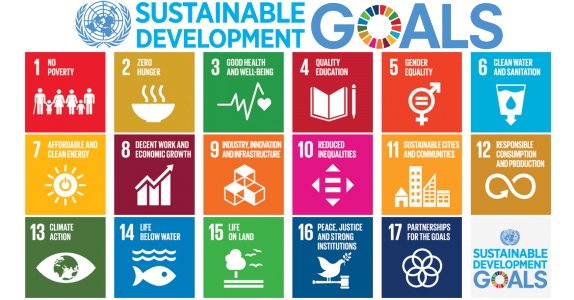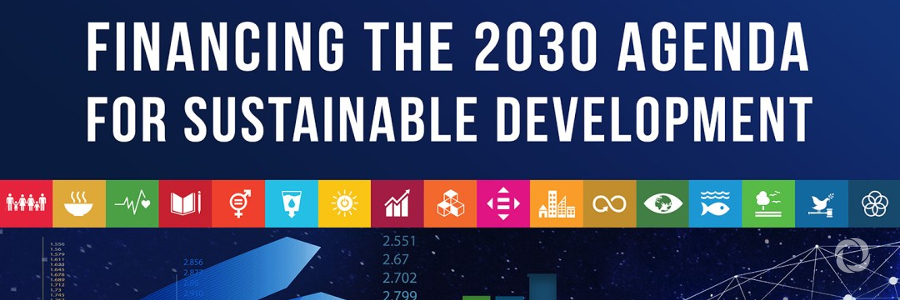António Guterres launches his strategy to finance the 2030 Agenda plan to “transform the world” on 24 September, ahead of the General Assembly’s annual general debate.
The 2030 Agenda for Sustainable Development, commonly referred to as the 2030 Agenda, can be boiled down to a plan to “Transform Our World.”
In 2015, UN Member Sates adopted the Agenda and its 17 Sustainable Development Goals, or SDGs, which break down into three broad areas: people, planet and prosperity.
The adoption of the Agenda was significant, as it was the first time that world leaders pledged common action against such a universal and ambitious policy agenda. As the name suggests, the organizing principle of the Agenda and the SDGs is sustainable development, which is also the key message to the world community.
The UN defines sustainable development as “development that meets the needs of the present, without compromising the ability of future generations to meet their own needs.” This means taking into account, for example, the effects that unbalanced economic growth can have on the environment and people’s wellbeing.
The SDGs provide a framework for sustainable development that improves the lives of everyone, everywhere. For example, ensuring that economies grow and provide decent work; that everyone has access to nutritious food, no matter where they live; and access to quality education for all.

From 2015 until 2030, the Member States, civil society and other partners are mobilizing efforts to change the way the world does business: ending all forms of poverty, fighting inequalities and tackling climate change, while ensuring that no one is left behind.
Since then, there have been positive signs. Just a week ago, at the Global Climate Action Summit, it was estimated that new UN-backed commitments to take action against the damaging effects of climate change could result in $26 trillion in economic benefits worldwide, and help create 65 million new “low-carbon jobs” by 2030.
However, whilst this new way of running the world presents a huge investment opportunity, public or private resources, and investments remain stubbornly far below what is needed to meet the 2030 Agenda targets.
Too much investment remains short-term and volatile, and the systemic change needed to transform economies and societies is not yet happening.
Governments need to make it easier for business to finance and invest in sustainable development projects, the private sector needs to mobilize for long-term investment, and new solutions for financing the SDGs must be created.
Original source: UN News
Published on 23 September 2018

